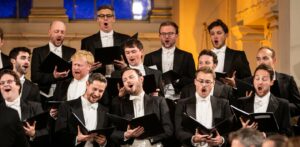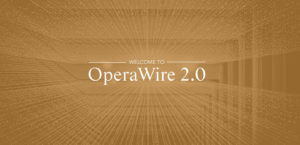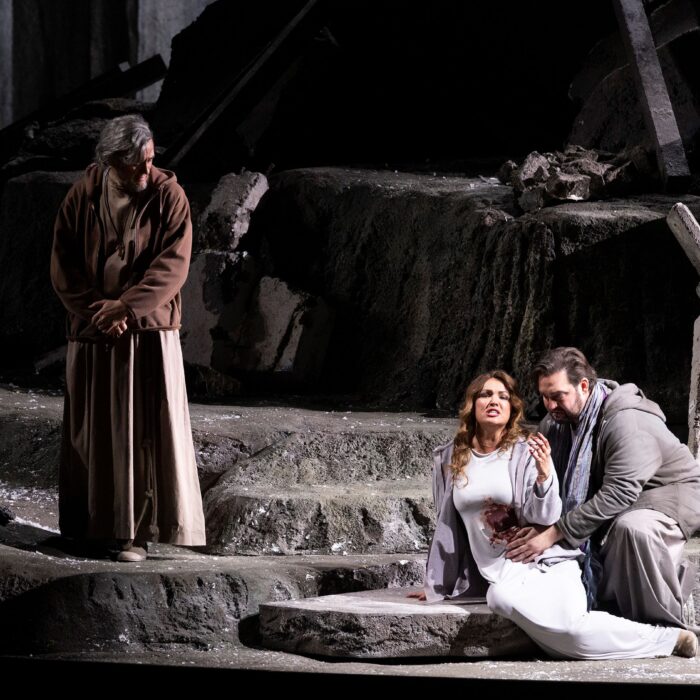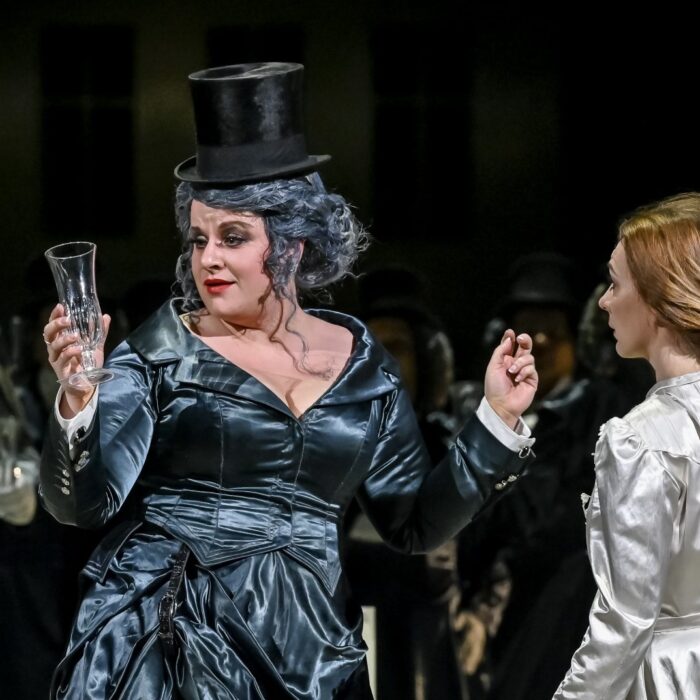
HamburgMusik 2024-25 Review: English Baroque Soloists / Monteverdi Choir / Christophe Rousset
A Fresh Spark of Baroque: Youthful Energy and Expressive Storytelling in Holiday Concert
By Mengguang Huang(Credit: Paul Marc Mitchell)
The holiday spirit resonated powerfully at the Elbphilharmonie’s recent Christmas-themed concert, a year-end highlight crafted by the Monteverdi Choir and the English Baroque Soloists. Christophe Rousset’s much-anticipated debut as guest conductor, stepping in after Sir John Eliot Gardiner’s departure as artistic director, brought a fresh sense of artistic renewal and festive splendor. Drawing from the rich traditions of French and German Baroque music, Rousset and the ensemble took the audience on an enchanting musical journey, showcasing their exceptional artistry and energy.
By pairing Charpentier’s “Messe de Minuit” with “Noëls sur les instruments,” Rousset crafted a well-balanced first half through thoughtful programming. The graceful carols served as a charming prelude, while faster-paced pieces after the mass added a spirited finale. This structure not only created a satisfying musical arc but also subtly referenced the tradition of earlier parody masses, where compositions were built on pre-existing tunes.
Rousset’s direction emphasized dynamic interplay between choir and instruments, highlighting Charpentier’s masterful use of Baroque orchestration. The orchestra’s jubilant tones—especially from the violins, flutes, and basses—captured both the spiritual depth and intricate beauty of the Baroque style. While the positive organ was more limited in tonal range than a grand organ, its rich resonance filled the acoustically stunning Elbphilharmonie.
Standout Vocalists
The vocalists were standout, blending clarity and expressiveness with remarkable finesse. Their “Kyrie” and “Gloria” radiated festive joy, with soprano lines soaring above the rich choral harmonies. The soloists brought dramatic contrast to the following movements, their voices intertwining with heartfelt precision. A particularly striking moment came with the soprano’s tender “Quoniam tu solus Sanctus,” full of lyrical warmth. The choir’s dynamic control and nuanced articulation shifted the mood effortlessly from the solemn “Crucifixus” to the exuberant “Agnus Dei,” leaving the audience deeply moved by Charpentier’s seamless blend of sacred and popular traditions.
The second half showcased the young soloists’ brilliance. It opened with Bach’s “Schwingt freudig euch empor,” BWV 36c, a cantata bursting with joy and energy. The oboe d’amore’s lively solo set a cheerful tone, seamlessly leading into the choir’s bright and powerful entrance. Soprano Hilary Cronin’s aria offered a moment of contrast; her voice diverged from the ascending melody, followed by a thoughtful pause that highlighted the interaction with the instruments. Tenor Ruairi Bowen, warmly supported by the oboe d’amore, delivered an emotionally resonant performance. Each soloist sang with clarity and expression, balancing introspective passages with jubilant outbursts.
Rousset’s Inspiring Interpretation
The concert concluded with Bach’s “Unser Mund sei voll Lachens,” BWV 110, a festive cantata composed for Christmas Day 1725. The French-style overture, featuring flute, trumpet, and timpani, set a celebratory tone from the first bar. The choir’s fugal entry filled the hall with joyous energy, drawing appreciative murmurs from the audience. The young soloists embraced a more operatic style in this secular cantata, vividly portraying characters from the joyful to the contemplative while maintaining a dynamic connection with the listeners. Mezzo-soprano Rebecca Leggett conveyed deep introspection and doubt in her aria, offering a reflective counterpoint to the exuberant bass aria. In the latter, Florian Störtz’s commanding voice soared over bold trumpet fanfares and dazzling coloraturas, stirring the crowd. The final triumphant chorale faded, the concert hall erupted with enthusiastic cries of “Merci!” from Rousset’s devoted French fans, adding a heartfelt and spontaneous touch to the evening’s celebration.
Though the concert faced a conductor change, Mr. Rousset’s debut with the English Baroque Soloists more than made up for any initial disappointment. For devoted Baroque enthusiasts who might have attended Sir Gardiner’s performance with his newly formed ensemble, The Constellation Orchestra, just a week earlier—featuring a similar program—this was a rare opportunity to compare the artistry of two distinguished early music specialists. Ultimately, Rousset’s interpretation stood out for its vitality, elegance, and emotional depth, leaving a lasting impression on all present.



